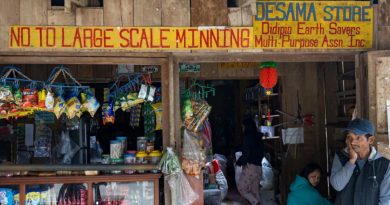Cabinet okays animal feed import rules

PUBLISHED : 27 Dec 2023 at 07:04
The cabinet on Tuesday approved policies for imported raw materials for animal feed, including animal feed corn, soybean meal, and fish meal, next year to support production.
However, the import permits are approved yearly, down from every three years previously, to ensure the purchase of farm products from around the country at fair prices.
The current import permits granted for 2024-2026 are scheduled to expire in December this year.
According to government spokesman Chai Wacharonke, to manage raw materials in quantities sufficient to meet domestic demand and ensure appropriate measures to protect farmers and all parties involved in the agricultural system, the cabinet also agreed to maintain the import policies and measures as enforced previously.
For instance, the tariff rate for imported soybean meal without quantity and duration restrictions under the World Trade Organization import quota is maintained at 2% for 11 eligible importers.
If new importers apply for the right to import, it is at the discretion of the chairman of the Food Policy Committee, based on necessity and appropriateness, said the spokesman.
Outside the quota, the tariff rate would be 119%.
According to Mr Chai, imports under other trade frameworks adhere to binding agreements, such as the Asean Free Trade Area and the Thailand-Australia Free Trade Agreement, which both have a 0% tariff. Imports from nations without a trade pact carry a tariff rate of 6% and an additional fee of 2,519 baht per tonne.
“The cabinet’s decision to grant import permits for only one year was to promote government schemes to expand areas for animal feed crop cultivation such as corn and soybeans in the country. Production in Thailand is insufficient to meet domestic consumption needs,” he said.
“To ensure a guarantee, feed producers must adhere to the agreement to purchase all products domestically and at fair prices.”
Thailand is estimated to produce 4.9 million tonnes of maize for animal feed this year, while the demand is 8.35 million tonnes.
The production of soybean meal is forecast at 2 million tonnes, while demand is 4.2 million tonnes.
As for fish meal, production is projected at 300,000 tonnes, with demand at 600,000 tonnes.
Source – Bangkok News




